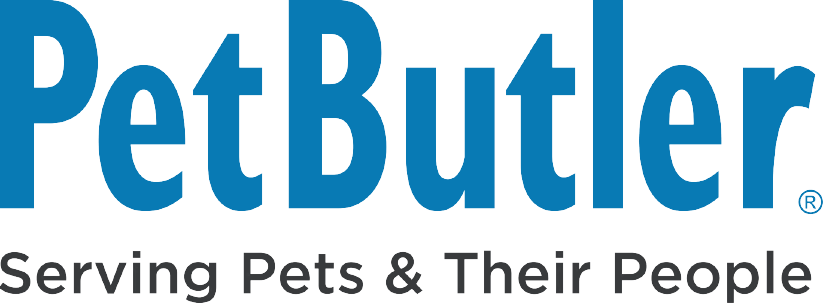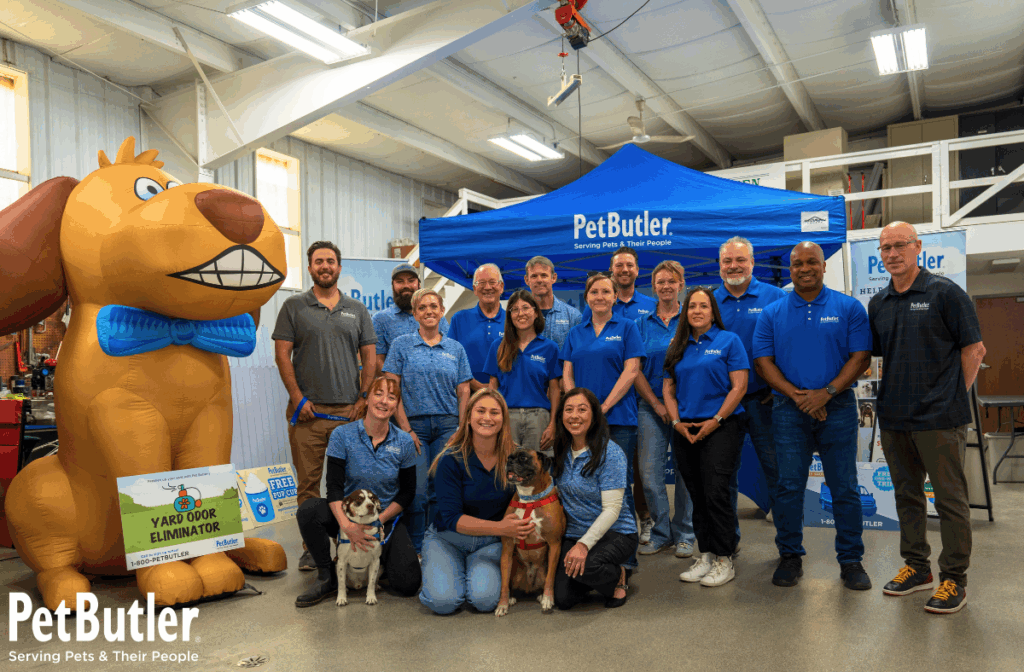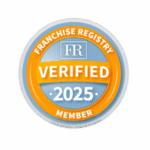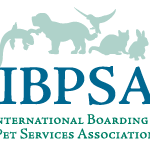As we approach 2025, many aspiring entrepreneurs within the United States are considering starting their own businesses, particularly in the thriving pet care industry. If you’re contemplating opening a dog care business, you might be wondering about the best path forward. While the idea of starting from scratch may seem appealing, franchising offers a compelling alternative that can significantly increase your chances of success, especially in the booming pet care sector.
What is a Franchise?
Franchising is a business model where an established company (the franchisor) awards an individual or entity (the franchisee) the right to operate a business using its brand name, products, and systems. While many people immediately think of restaurants when franchises are mentioned, the model extends far beyond fast food, encompassing dozens of industries, including pet care.
According to the International Franchise Association (IFA), franchising is a method of distributing products or services that involves a franchisor granting a franchisee the right to use its trademark, trade name, and business system in return for a weekly or monthly royalty fee. This arrangement allows entrepreneurs to benefit from a proven business model and established brand recognition while maintaining a degree of independence.
The Advantages of Franchising in 2025
As we look ahead to 2025, franchising presents several compelling advantages for those considering entering the pet care business:
- Proven Business Model: Franchises offer a tried-and-tested business model, reducing the risk associated with starting a new venture. The franchisor has already refined the operational processes, marketing strategies, and customer service systems.
- Brand Recognition: Franchisees benefit from the established reputation and brand awareness of the franchisor. This can be particularly valuable in the competitive pet care industry, where trust is crucial and having a name that’s been known for decades is an obvious advantage.
- Training and Support: Franchisors typically provide comprehensive training programs and ongoing support, which can be invaluable for those new to business ownership or the pet care industry.
- Marketing Assistance: Many franchisors offer marketing support, including national advertising campaigns and local marketing strategies, helping franchisees attract and retain customers.
- Purchasing Power: Franchisees often benefit from the franchisor’s bulk purchasing power, allowing them to obtain supplies and equipment at lower costs than independent businesses.
Franchising vs. Starting Your Own Business
While starting an independent business can be rewarding, franchising offers several advantages, especially for first-time business owners. The Better Business Bureau (BBB) notes that franchises have a higher success rate compared to independent start-ups. This is largely due to the support systems in place and the benefit of operating under an established brand.
Entrepreneur Media reports that franchises have a success rate of approximately 90% after five years, compared to only about 20% for independent businesses. This stark difference underscores the value of the franchise model, particularly for those entering a new industry like pet care.
Pet Care: A Booming American Industry
The pet care industry has shown remarkable resilience and growth, even during economic downturns. As more people view their pets as family members, the demand for high-quality pet care services continues to rise. Franchising in this sector allows entrepreneurs to tap into this growing market while benefiting from the support and expertise of an established franchise brand.
Recent data from Morgan Stanley’s study on the pet care industry highlights the exceptional growth potential in this sector:
- Unprecedented Spending: In 2022, U.S. pet owners spent a staggering $123.6 billion on their pets.
- Projected Growth: By 2030, Morgan Stanley forecasts that this spending could reach an astounding $275 billion.
- Impressive CAGR: The pet care industry is expected to grow at a compound annual growth rate (CAGR) of 10.5% from 2022 to 2030, outpacing many other consumer sectors.
- Generational Impact: People aged 18 to 34 are the primary drivers of increased spending in the pet industry, often viewing pets as a precursor or alternative to having children.
- Recession Resilience: Interestingly, recessions can sometimes lead to spikes in pet adoption as people tend to stay home more, further solidifying the industry’s stability.
- Cultural Shift: The study reveals a significant change in how people perceive their pets, with many considering them as integral family members, leading to increased spending on premium products and services.
These statistics underscore the robust growth and potential in the pet care industry, making it an attractive option for entrepreneurs considering franchising in 2025.









